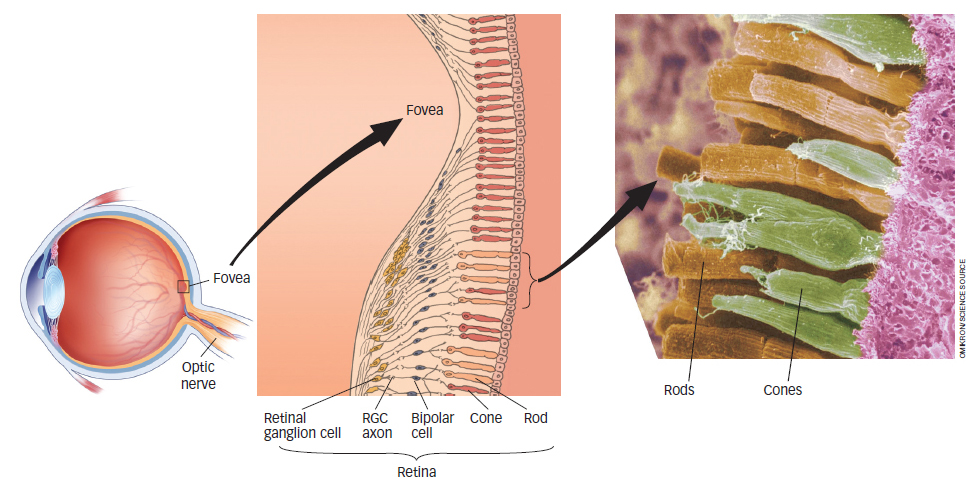
Close- s- r- w-